NOTE: This is a look at the customs behind each day of Spring Festival rather than a roundup of things to do. For our Chinese New Year events guide, click here.
Spring Festival is upon us, and families around the country are finishing their preparations to welcome in the Lunar New Year.
As we enter the Year of the Snake, let us dig deeper into the traditions and explain what each day of the Chinese New Year period stands for and introduce some intriguing customs... some that even locals may have never heard about.
First Day
Wednesday, January 29
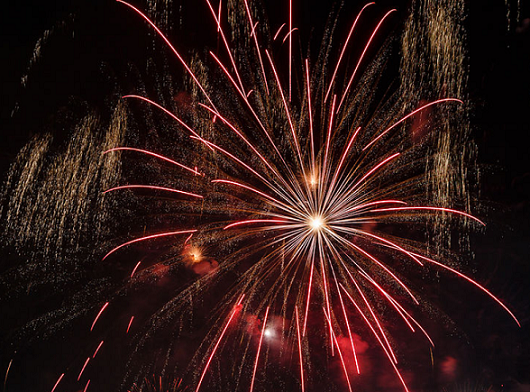
Image via Wikipedia
The first day of Spring Festival is called yuan ri, meaning the beginning of the year.
On this day, at midnight people light fireworks or fire crackers to welcome the gods from the heaven (of course, it is a different story if the fireworks and firecrackers are now banned in your city).
Legend has it that at this time each year, a monster called Nian would harass the villagers. Later, villagers learned the weakness of the monster (the color red and the sound of explosions), so they started to light fireworks and erect spring couplets.
This is why Chinese people refer to celebrating Chinese New Year as Guo Nian, which originally meant conquering the beast.
In some places, the first day of CNY is also known as the ‘Birthday of the Broom.' As a result, it is considered bad luck to use a broom and clean the house.
Ancient people believed that good luck would be ‘swept away’ on this day, which may explain the tradition of spring-cleaning on New Year’s Eve.
Moreover, the first day is dubbed the ‘Day of the Roosters’ because Nüwa, the mother goddess of Chinese mythology, created roosters on her first day of creating the world.
People in some regions of China will celebrate this day by putting up paintings of roosters.
Second Day
Thursday, January 30
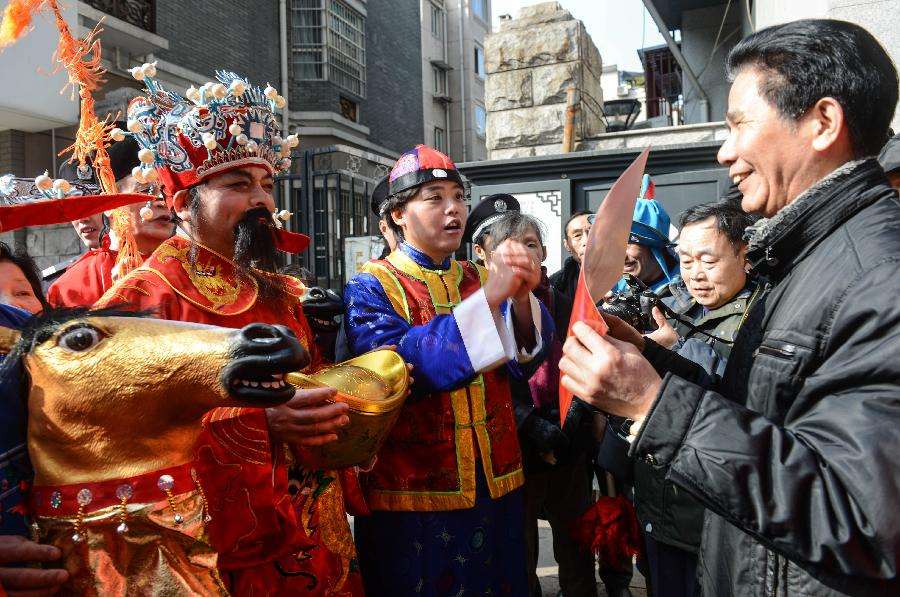 Image via qz828
Image via qz828
The second day of Spring Festival was the day when married daughters visited their birth parents.
The tradition, in some places, is named shi ri zhou (having lunch), indicating that daughters must return to their husbands houses before dinner.
Now, as feminist awareness has awakened, the custom has been dropped in most regions.
In the northern part of China, the second day is also the day to worship the God of Wealth. On this day northern people will go to the temple of the God of the Wealth and pray for good fortune in the coming year.
Nüwa is said to have created dogs on the second day, so this day is also referred to as the 'Day of the Dogs.'
Third Day
Friday, January 31
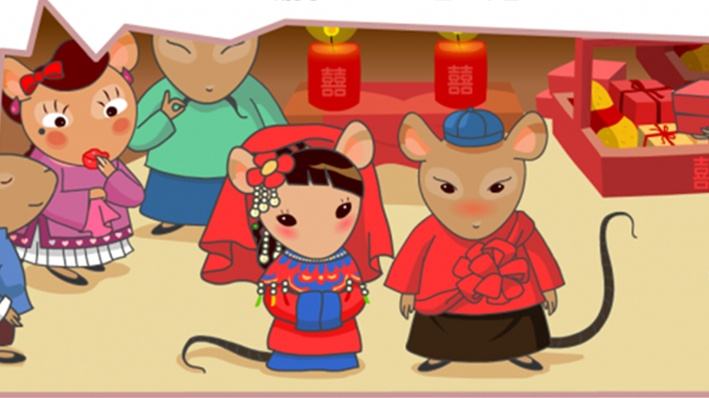
Image via Sina
The third day of Spring Festival is known as the 'Day of the Red Dog.'
Red Dog is the God of Wrath in Chinese mythology. It is said that one can easily run into quarrels on this day. As a result, people would avoid going out and instead, go to sleep early.
According to the legend, the third day of the Spring Festival is the wedding day of the mouse, so people in the past would throw rice or cake at the corners of their floor for the mice to consume.
The third day is when Nüwa created pigs. To celebrate the 'Day of the Pigs' farmers would spare the lives of the pigs they raised in the hope that the pigs would grow larger in the future.
Fourth Day
Saturday, February 1
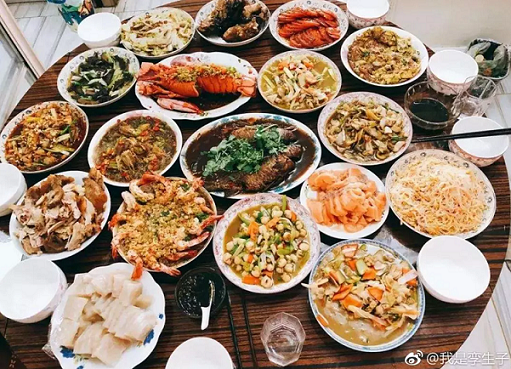
Image via @我是孪生子/Weibo
The fourth day of Spring Festival is when sheep were created. Like the pigs, sheep farmers would keep their sheep alive on this day so they could fetch a better price in the future.
On this day, people would eat zhe luo, the banquet leftovers from previous days.
Another custom practiced on this day was reng qiong; to gather around the garbage collected from the first day of CNY; people in the past believed it was bad luck to dump waste during the first five days of Spring Festival.
In the south, people would prepare to welcome the birthday of the God of Wealth, which falls on the fifth day of Spring Festival.
Fifth Day
Sunday, February 2
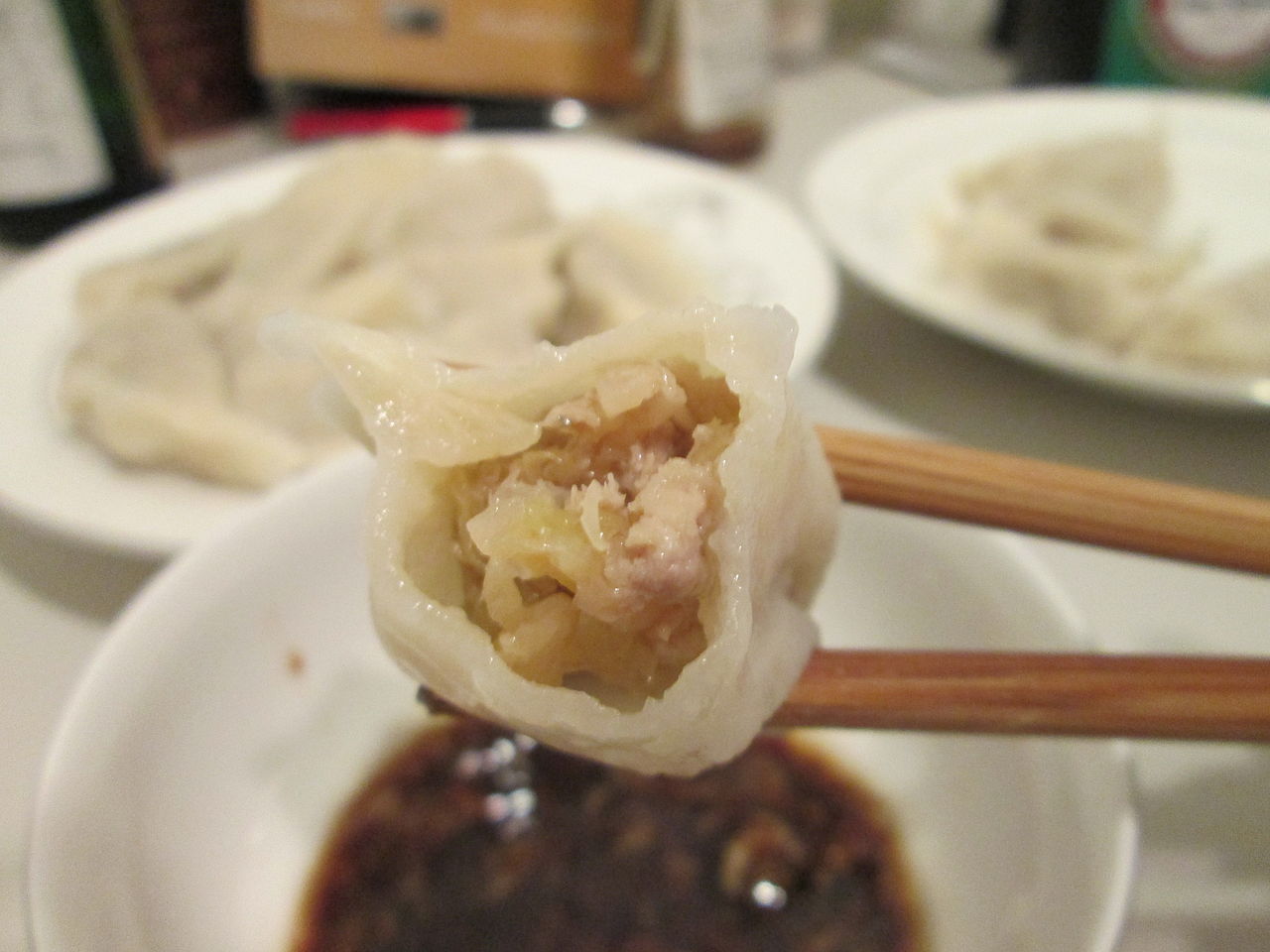
Image via Wikipedia
The most exciting activity on the fifth day of Lunar New Year is the celebration of the God of Wealth.
Like the first day of CNY, people would set off firecrackers from midnight to catch the attention of the deity.
On this day, people would eat dumplings, which not only look like gold ingots (yuanbao), but also have the same pronunciation (jiaozi) as the currency used during the Song Dynasty.
This day is also referred to as 'Breaking Five,' because a great number of taboos which are followed during the first four days can be broken after this day.
Nüwa is said to have created cows on the fifth day, so this day is also referred to as the 'Day of the Cows.'
Sixth Day
Monday, February 3

Image via Baike
The sixth day is dubbed as the 'Day of Song Qiong.'
On this day, people can take out the garbage that had accumulated from the taboo. In the past, this day was also the day for farmers to start spring ploughing.
Nüwa is said to have created horses on the sixth day, so this day is also referred to as the 'Day of the Horses.'
Seventh Day
Tuesday, February 4
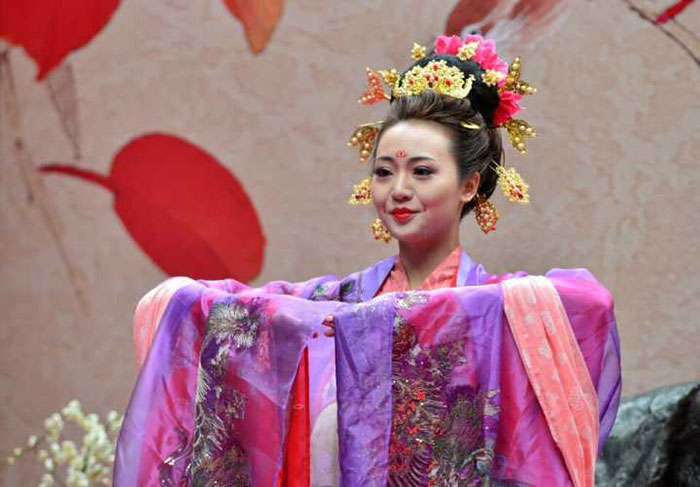
Image by cnwomen
Nüwa, the mother goddess of Chinese mythology, finally created human beings on the seventh day of Spring Festival.
So, this day is considered the birthday of all humans and called ren ri, the 'Day of the Humans.'
To celebrate, people would wear rensheng, a head ornament made of colorful ribbons and drink 'seven vegetable soup.'
Both customs are still kept in some rural areas to this day.
Eighth Day
Wednesday, February 5
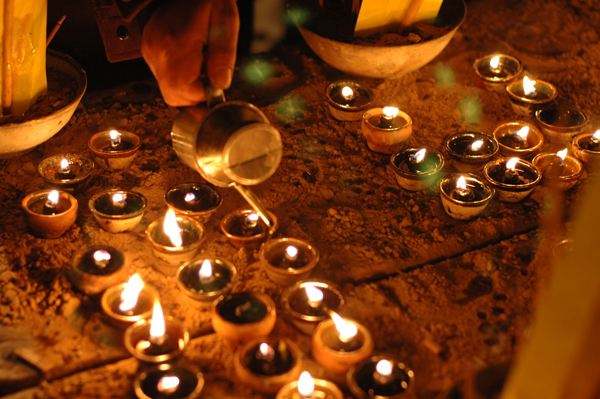
Image via Taozsw
The eighth day is considered the birthday of grain, when farmers would predict the yield for the coming year. Also, on this day, they would not eat grain products as a sign of cherishing food.
It is said that the night of the eighth day has the most stars in the sky for the whole year, so this day is called 'Shunxing,' the 'Constellation Festival.'
When night falls, people would light at least nine candles to honor the stars. The older members of the family would also take the opportunity to teach the little ones about horoscopes.
Another custom on the eighth day is to free captive animals like birds or fish.
Ninth Day
Thursday, February 6
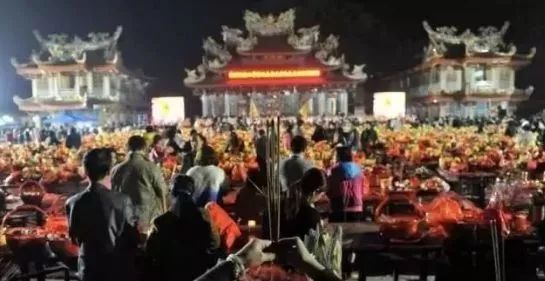
Image via Baijiahao
The ninth day of the Chinese New Year is the birthday of the Jade Emperor of heaven in the Taoist Pantheon.
On this day, people would go to the nearest Taoist temple to thank the Jade Emperor for the blessings of the last year and pray for the coming year.
The tradition, which is called bai tian gong (worshipping the emperor of the heaven), is still applied in Fujian and Taiwan.
Tenth Day
Friday, February 7
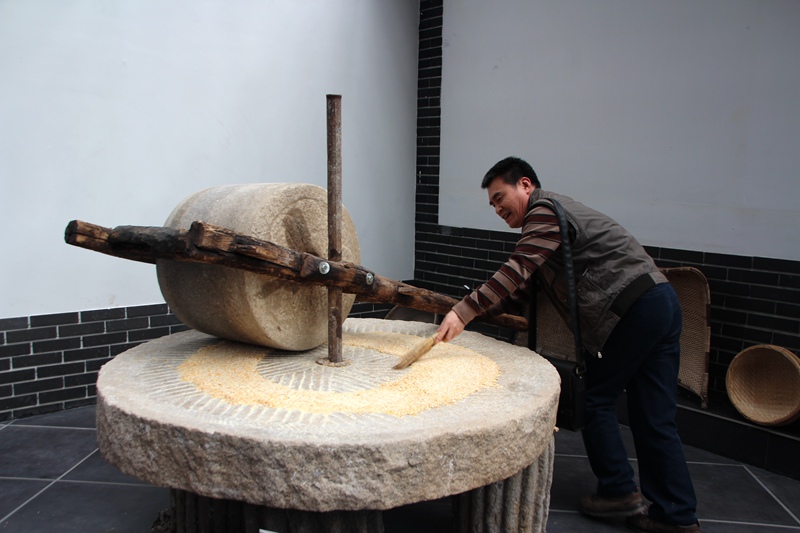
Image via People.com
The tenth day of the Spring Festival is said to be the birthday of stones because the Chinese word shi (meaning stone) is identical in sound to the word for 10.
On 'Stone Day,' people were not allowed to deploy stone-made farming tools as it would affect the yield of the crops.
Fifteenth Day
Wednesday, February 12
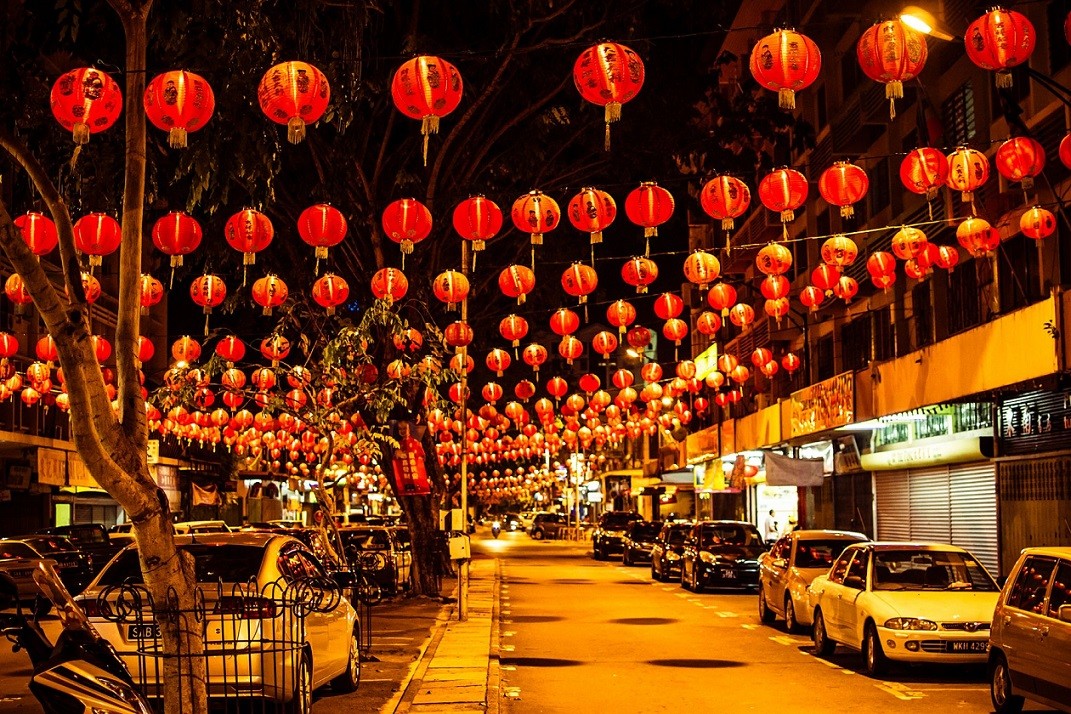
Image via Wikipedia
The fifteenth day of the Lunar New Year, as you may already know, is Yuan Xiao Jie, the Lantern Festival.
Families are supposed to get together to eat tangyuan, a traditional Chinese dessert of glutinous rice shaped into balls served in a hot broth or syrup, which represents union.
In addition to eating snacks, activities such as a riddle guessing games and lion dances will be held to mark the end of the Spring Festival.
READ MORE: Explainer: Everything You Need to Know About Lantern Festival
This article was originally published in February of 2018. It has been updated and republished on January 26, 2025.
[Cover image by Pixabay]
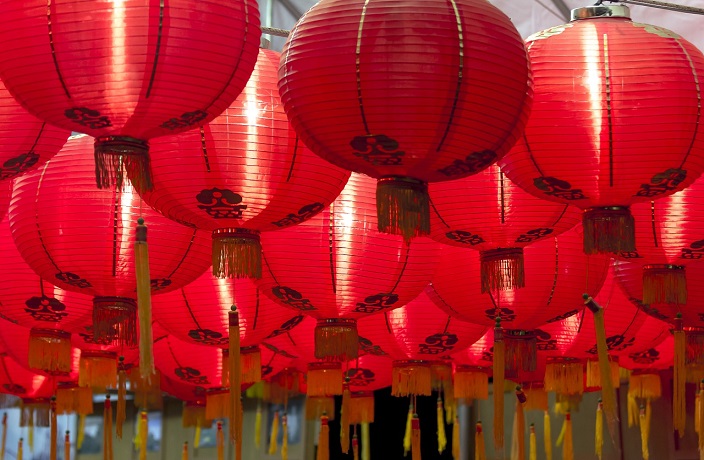




















0 User Comments